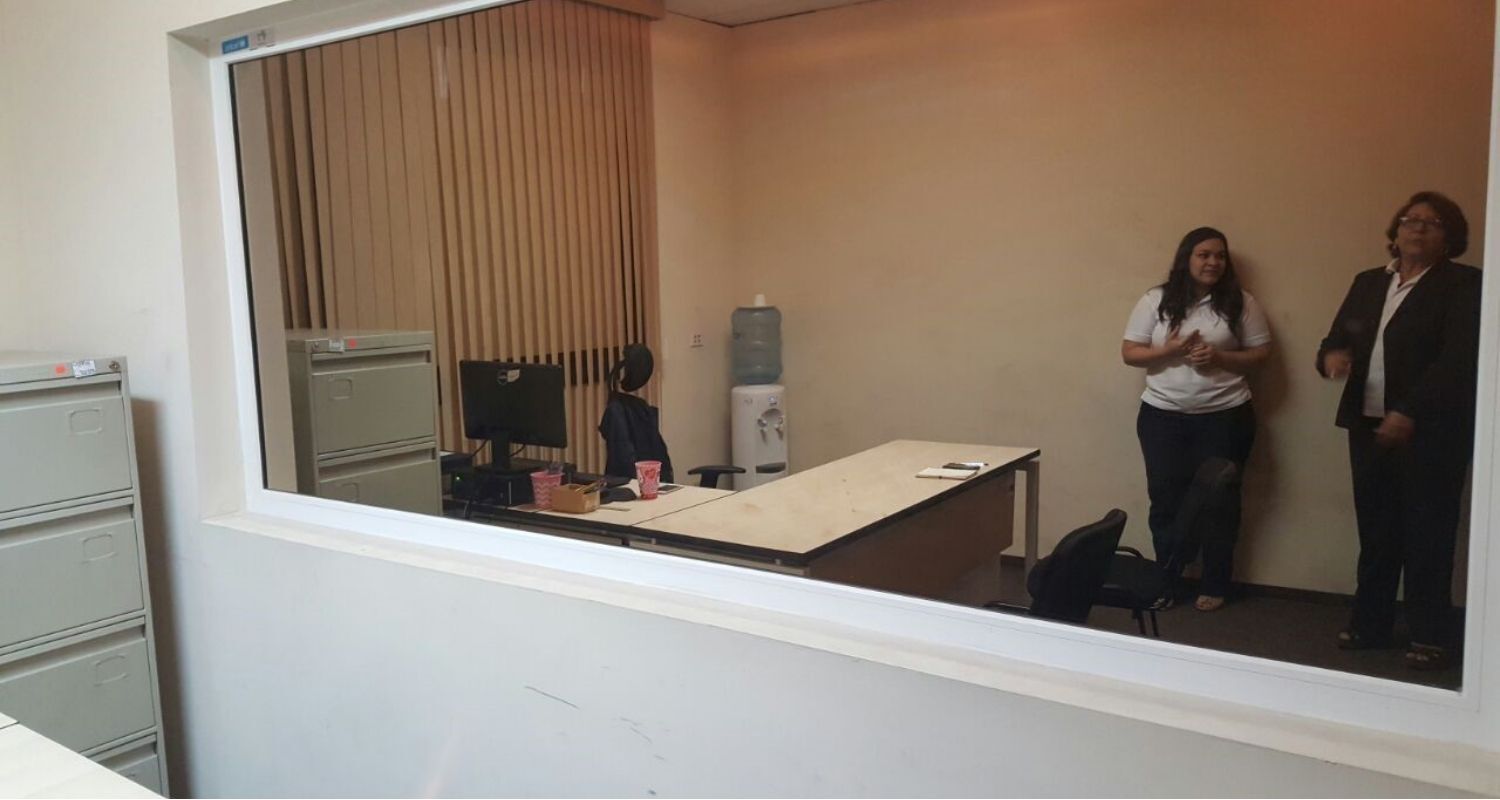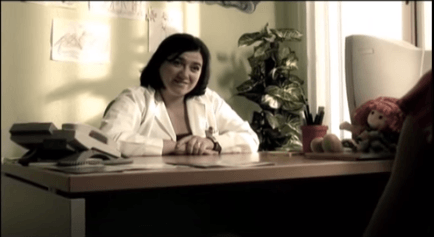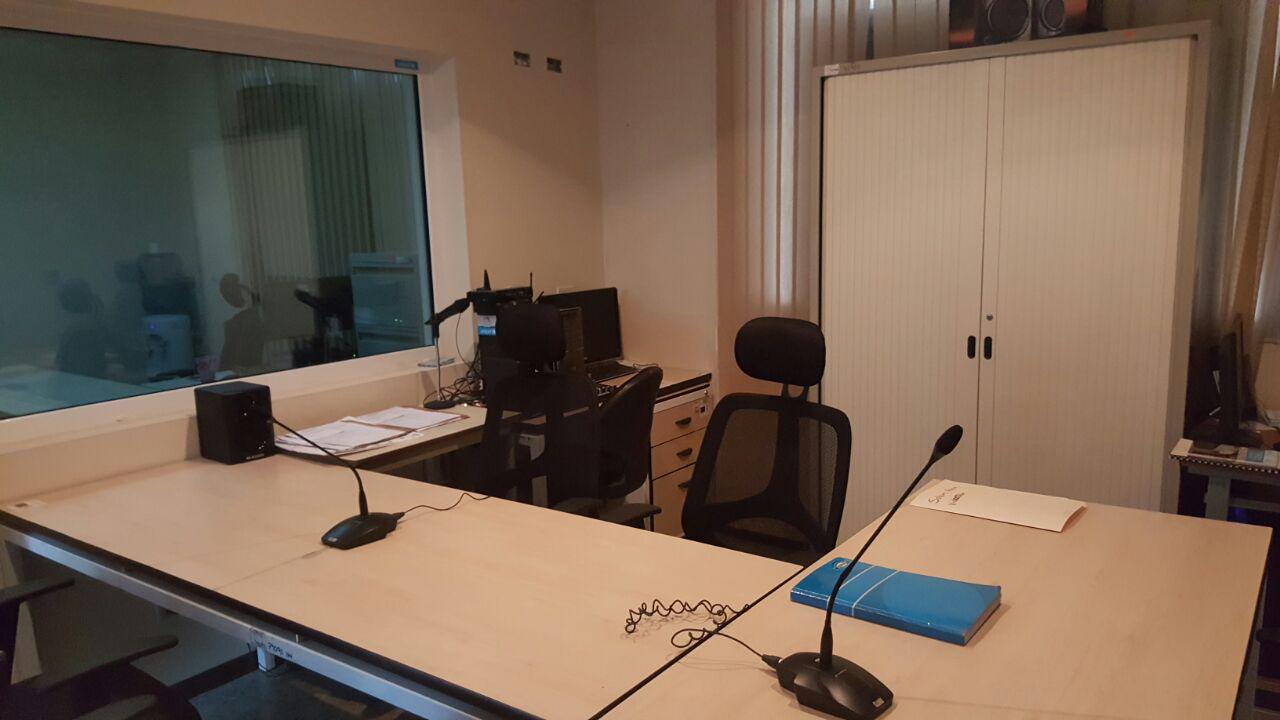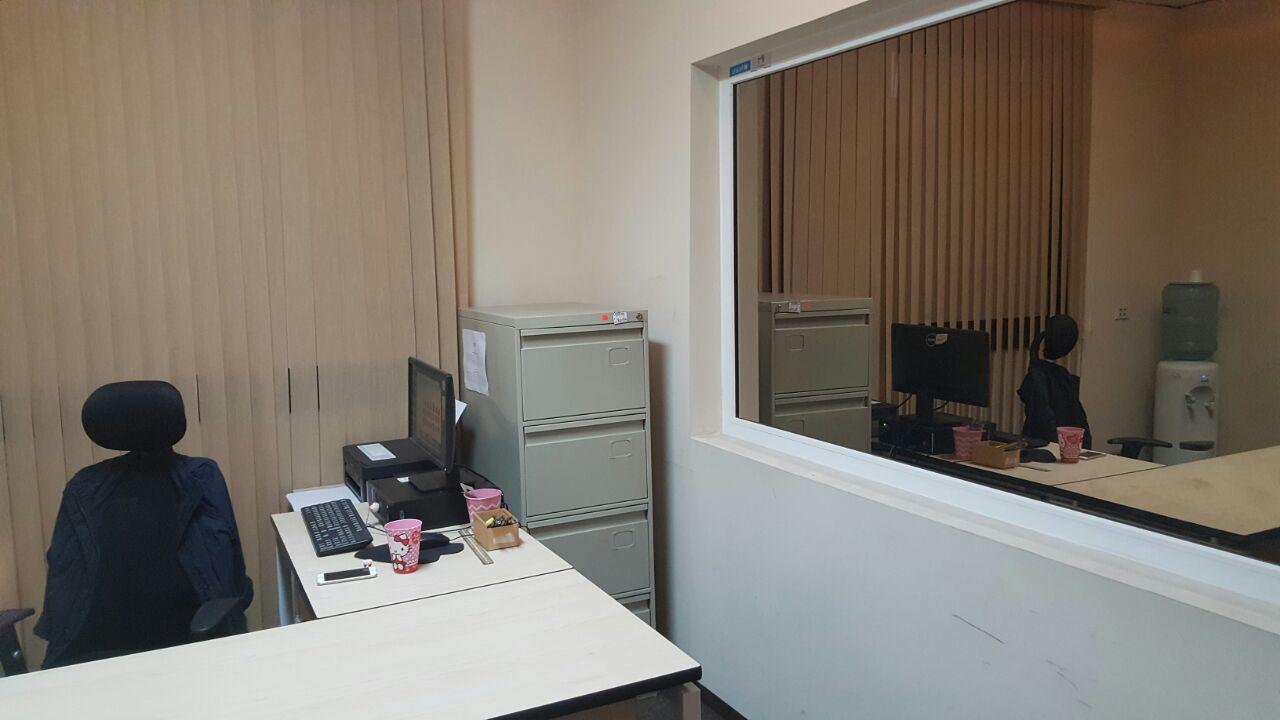Instead, the court comes to them, sitting on the other side of the glass and asking their questions through the earpiece of a trained psychologist who facilitates the interview. The psychologist also acts as a buffer, softening or rewording questions from the lawyers so that they are less difficult for the children and teens to answer.
October 26, 2016
Through a one-way mirror, a judge, lawyers, and investigators watch a teenage girl sitting across a table from a young woman. The two rooms, separated by the mirror, look like interrogation rooms used in the United States. But here in Honduras, their purpose is protection.
These rooms, called “Gesell Chambers”, allow victims of sensitive crimes like interfamily violence, sexual abuse, or sexual assault to give their testimony before a court – without the fear, shame, and anxiety of appearing in a courthouse.
ASJ (formerly known as AJS) has worked for years with child victims of sexual abuse through the Rescue program, constantly advocating for better attention in the judicial system, such as the use of Gesell Chambers.
Previously, ASJ staff had seen children forced to give their testimony in court as many as 11 times.
Children as young as seven or eight were put on the stand and asked to recount their abuse in front of a court of spectators, sometimes including their abuser. Lawyers questioned them, calling their testimony into doubt.
To obtain a conviction, children would have to attend every court proceeding, sometimes missing school and traveling long distances. With such a difficult and re-traumatizing path to justice, 80% of victims dropped their cases of sexual abuse before an arrest warrant was obtained.
Gesell Chambers, “make the children feel safer and more comfortable in sharing,” says Ada, a psychologist with ASJ.
Also important, sound and video equipment in the rooms allows the testimony to be recorded and reused throughout the trial – so children can stop spending their weeks in courtrooms and return to their schools and families.
ASJ has been instrumental in the use of Gesell Chambers in court cases. The facilities had been donated by UNICEF years ago, but without legal acceptance or a common understanding of their use, they weren’t being used.
ASJ advocated for a law, passed in early 2015, that formalized their use in court cases to gather evidence and testimony.
That was only the first step – ASJ staff then took on the difficult task of training lawyers, judges, and psychologists across Honduras in their use, visiting all seven cities where the chambers had been installed to hold workshops and trainings.
Besides legal and investigative support, Rescue also offers psychological counseling to victims and families of victims, counseling that helps them to heal.
Throughout the process, little by little, ASJ is helping to make the Honduran judicial system work. While before, 80% of sexual abuse cases were dropped, in cases that use Gesell Chambers, they’ve seen a reversal – 80% of cases filed result in arrest warrants!
Many challenges remain in the way as the Honduran legal system manages cases of sexual abuse and family violence. Some of the rooms face technical difficulties, some judges are still unwilling to accept recorded testimony, and other lawyers aren’t aware that the chambers are an option. But ASJ continues to advocate for better implementation and use of the chambers, proving to victims of violence that achieving justice is possible.
(The following video, in Spanish, presents the use and purpose of Gesell Chambers, and was used in the promotion of the tool:)






















